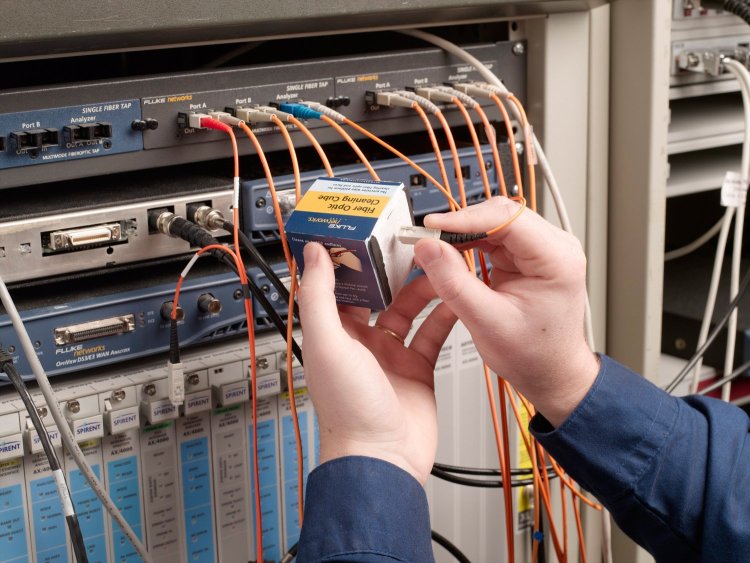Fibre vs. Cable Internet: Which Is Better for Canadian Businesses?
Discover the best internet choice for Canadian businesses! Compare Fibre vs. Cable for speed, reliability, and cost. Find out which is right for you!
Share this Post to earn Money ( Upto ₹100 per 1000 Views )

In today’s digital-first world, a strong internet connection isn’t a luxury—it’s a necessity. Whether you’re running a boutique design firm in Vancouver or a logistics company in Toronto, the type of internet you choose can seriously impact your operations. So, when it comes to business internet, many Canadian companies face one crucial question: Fibre or cable internet—what’s better?
Let’s break it down in simple terms and help you decide which fits your business needs best.
Understanding the Basics: Fibre and Cable Internet
Fibre internet uses thin strands of glass to transmit data using light. This cutting-edge technology allows for incredibly fast and reliable internet speeds.
On the flip side, cable internet uses the same coaxial cables as your old-school TV. It’s been around for a while and is widely accessible, especially in urban and suburban areas.
So, what’s the real difference? Fibre is faster, more stable, and built for the future. Cable is more budget-friendly and readily available. But speed and budget are just the start.
Speed and Performance: What Canadian Businesses Need
Speed matters—a lot. Fibre internet can offer symmetrical speeds, which means upload speeds match download speeds. That’s a game-changer for businesses that rely on cloud services, video conferencing, or sending large files.
Cable internet, while still fast, often has slower upload speeds. And when the neighbourhood is online during peak hours, your connection may slow down.
Bottom line: if your business needs consistent high-speed performance, fibre internet is tough to beat.
Reliability and Scalability for Growing Businesses
Imagine this: you're hosting a webinar with clients across the country, and your connection drops. Not good.
Fibre internet is known for its reliability and low latency, even during peak times. It doesn’t share bandwidth the way cable does, so your connection stays strong no matter how many businesses are online nearby.
Plus, as your business grows, fibre scales effortlessly with you. Need more bandwidth? It’s just a call away.
Cable is a solid option for small businesses with light internet needs—but may struggle as you grow.
Cost Comparison: Fibre vs. Cable for Business Budgets
Fibre might seem more expensive at first glance. Installation can be pricier, and monthly fees a bit higher. But you get what you pay for—faster speeds, better reliability, and room to grow.
Cable internet is usually cheaper up front, making it attractive for startups or budget-conscious teams. But hidden costs can appear if slow speeds or downtime disrupt your workflow.
Think long-term. Sometimes, paying a bit more for fibre pays off in peace of mind.
Top Providers in Canada: Who Offers What?
Looking for the right provider? Here are a few to consider:
-
Rogers Business Internet offers a range of packages suitable for different business sizes. Their hybrid fibre solutions are great for businesses transitioning from cable to fibre.
-
Bell Canada Business Internet delivers high-speed fibre solutions in many parts of Canada. Known for wide coverage and strong performance.
-
Cancomco Canada specializes in business internet solutions tailored to your unique needs. Whether you need fibre internet, scalable speeds, or a custom solution, they’ve got you covered.














